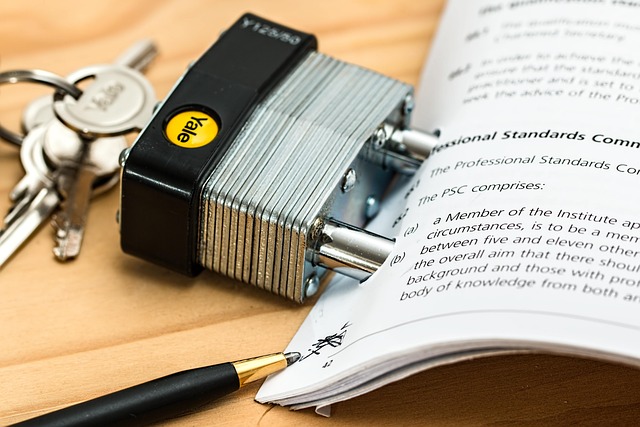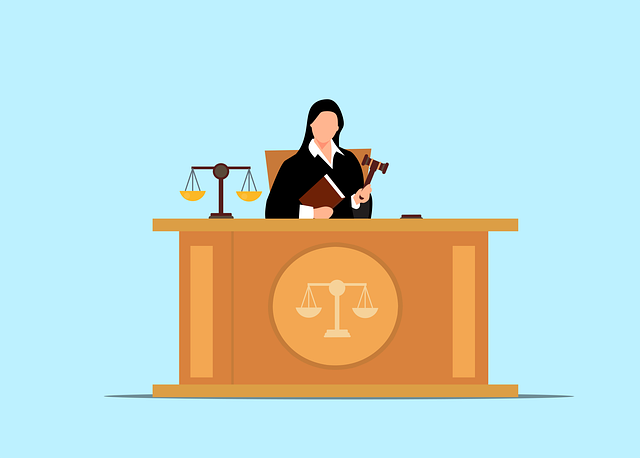Post-Traumatic Stress Disorder (PTSD) significantly impacts family dynamics due to behavioral changes and strained relationships. When a family member suffers from PTSD, understanding its effects and navigating legal avenues for compensation, like filing a homeowner insurance claim or pursuing employment disputes, is crucial. Engaging professionals like personal injury lawyers specializing in PTSD claims offers guidance and support for long-term care. Educating oneself about PTSD, fostering open communication, and assisting with practical tasks aid in the recovery process.
Post-Traumatic Stress Disorder (PTSD) doesn’t just affect individuals; it profoundly impacts families too. When a loved one suffers from PTSD, understanding their condition and supporting their journey towards healing is crucial. This article provides an insightful guide to navigating PTSD injury claims, offering comprehensive support for family members. We explore the effects of PTSD on domestic life, equip you with strategies to assist your affected relatives, and direct you to valuable resources. Learn how to advocate effectively for your loved ones and their PTSD injury claim.
- Understanding PTSD and Its Impact on Families
- Navigating PTSD Injury Claims: A Comprehensive Guide for Family Members
- Supporting Loved Ones: Resources and Strategies for Family Members of PTSD Sufferers
Understanding PTSD and Its Impact on Families

Post-Traumatic Stress Disorder (PTSD) is a profound mental health condition that can significantly affect individuals who have experienced or witnessed traumatic events. When a family member suffers from PTSD, the entire household is often impacted. This invisible injury can lead to a range of challenges within the home environment. Family members may notice changes in behavior, such as heightened irritability, sleep disturbances, and difficulty concentrating, which can strain relationships and create a sense of uncertainty.
Understanding the effects of PTSD on families is crucial when considering a PTSD injury claim. Many individuals affected by PTSD also experience physical symptoms, including pain and fatigue, which can make daily tasks more difficult. In cases involving slip and fall injuries or other accidents caused by negligence, where a family member develops PTSD as a result, filing a homeowner insurance claim or pursuing employment disputes related to work-related trauma could be essential steps towards recovery and compensation for the emotional and physical toll it takes on the entire family system.
Navigating PTSD Injury Claims: A Comprehensive Guide for Family Members

Navigating a PTSD (Post-Traumatic Stress Disorder) injury claim can be a complex and emotionally charged process, especially for family members supporting a loved one dealing with this condition. It’s essential to understand that PTSD is not just a mental health issue; it can lead to significant physical injuries caused by reliving traumatic events. When a family member sustains a PTSD-related injury due to someone else’s negligence or an accident, it’s crucial to explore all legal avenues for compensation.
In such cases, family members play a vital role in gathering evidence, documenting symptoms, and ensuring the affected individual receives the necessary treatment. This process demands patience and a strategic approach. Engaging with experienced professionals, including a personal injury lawyer specializing in PTSD claims, can make all the difference. They guide families through the legal system, addressing potential partnership disagreements within the household, and helping them secure the financial support needed for long-term care and therapy.
Supporting Loved Ones: Resources and Strategies for Family Members of PTSD Sufferers

Supporting a loved one with PTSD can be an immense challenge, but there are resources and strategies available to help family members navigate this journey. Understanding Post-Traumatic Stress Disorder (PTSD) is crucial in providing effective support. Educate yourself about the condition’s symptoms, triggers, and treatment options. Many organizations offer online materials and support groups tailored for families of PTSD sufferers, which can be a valuable starting point.
Encourage open communication and create a safe, non-judgmental space for your loved one to share their experiences. Family therapy sessions with a qualified mental health professional can also foster understanding and strengthen bonds. Additionally, assisting with practical tasks like managing daily routines, seeking medical care, or handling legal aspects related to a potential PTSD injury claim (including defective products or auto accident scenarios) can significantly contribute to the client’s recovery.
PTSD can profoundly affect not just veterans or individuals directly experiencing it, but also their family members. Navigating a PTSD injury claim can be complex, but understanding the process and leveraging available resources is crucial for families seeking support. By familiarizing themselves with the comprehensive guide provided, family members can better assist their loved ones and access vital resources to ease their journey towards healing and compensation. Remember, supporting someone with PTSD requires patience, empathy, and informed actions—all of which are essential elements in navigating a PTSD injury claim.






